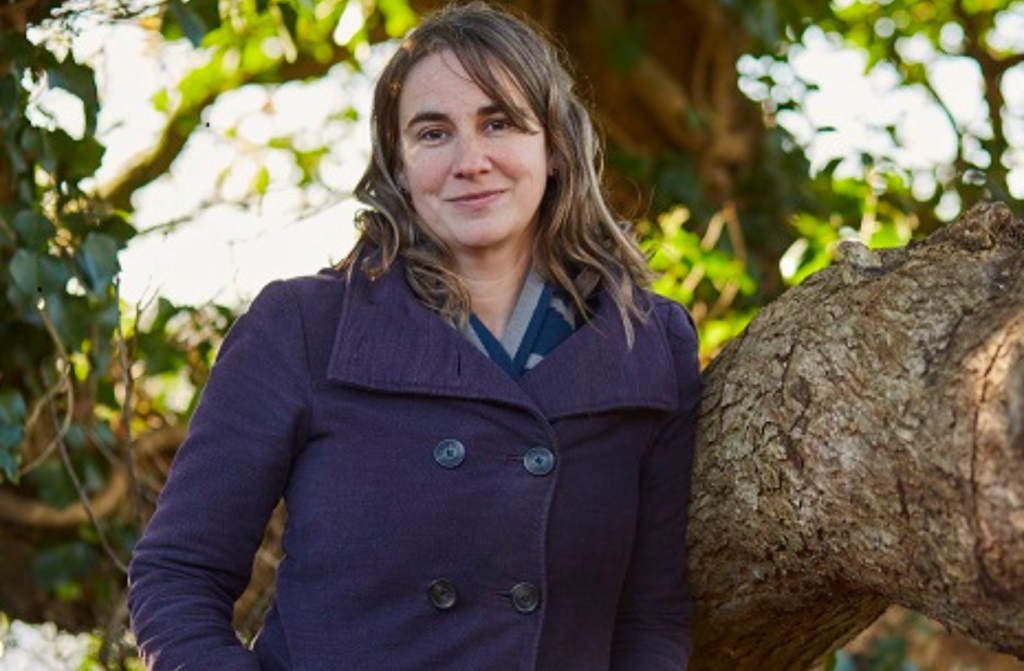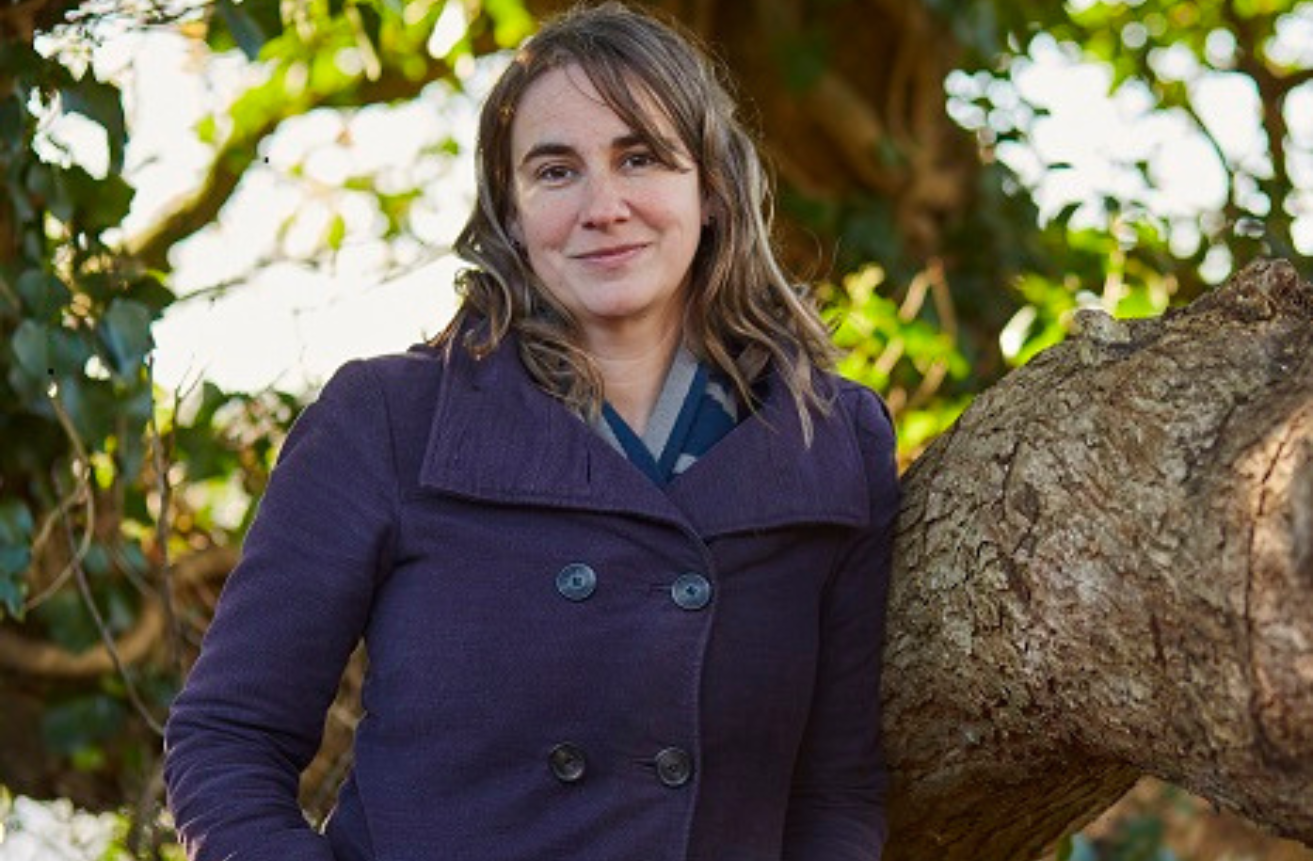Guest Blog from Dr Pamela Buchan, a prize-winning marine social scientist
Dr. Pamela Buchan is a prize-winning marine social scientist at the University of Exeter who is working on a 12-month ESRC Postdoctoral Fellowship, which includes a collaboration with the Plymouth Sound National Marine Park. We sat down with Pamela to find out more about her work, why she thinks it’s important to develop positive connections with the sea, and why she wants ordinary people to have more of a say in decisions around the ocean.
What is a marine social scientist?
A marine social scientist is interested in the relationship that people have with the ocean and coast. That might be about marine industries, the feelings or understanding that people have about the sea, or social issues like coastal communities having a say over the coast and ocean where they live. Marine social scientists are interdisciplinary which means they work across multiple approaches to research, rather than focusing on one discipline, like biology or geography. This helps us develop a more rounded understanding of an issue.
What is your research about?
My research so far has been about marine citizenship, which means “exercising the right to participate in the transformation of the human-ocean relationship for sustainability”. This means that people should both have a say on how we use the ocean and be responsible, to ensure its use is sustainable. How much say people have about the ocean varies around the world, but in the UK, where we have a long tradition of democracy, ordinary people don’t have many opportunities to influence the decisions that the government makes about the ocean.
As well as aiming to find ways to give people more of a say in decisions around the ocean, a sustainable future needs people to want to be involved. I found in my last project that the people who most want to be involved in decisions around the sea are so connected to the marine environment that they rely on it as part of their lives. In fact, the most active marine citizens seem to have a marine identity, which drives the decisions that they make. I’m currently researching how we understand that.
Why do you do this?
I love the sea! And I want it to be healthy, and for all life, human and otherwise, to benefit from the ocean. It’s important for all our futures that we change the way we do things, to reduce our impact on the environment.
When I was a marine biologist, I felt frustrated about the political bottleneck that makes it difficult for the findings of scientists and local people to change marine policy. I worked for a decade in public engagement with science because I wanted to help people have the right information to support their decision-making, such as when they are voting or being involved in consultations. Although it’s very important, being well-informed does not make people take action, even though many people still think it does. I want to discover as much as I can about what does make people take positive action for the ocean so that we can find ways to help more people take positive action in future.
What are you doing with the PSNMP?
I’m working with the National Marine Park team who are running the Horizons project funded by National Lottery Heritage Fund to help them tackle the difficult goal of growing marine citizenship in Plymouth. Together we are thinking widely about how marine citizenship can be supported and encouraged right across the project and marine park, linking to the Plymouth City Council’s Ocean Recovery Declaration. We hope that our collaboration will help more people in Plymouth to develop positive connections to the sea and set them on a marine citizenship journey. We want to help make it easier to do marine citizenship, by creating and sharing more opportunities to get involved. We want to make a difference by creating and supporting a new generation of marine citizens.



